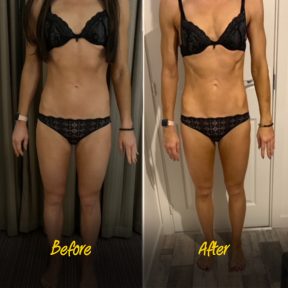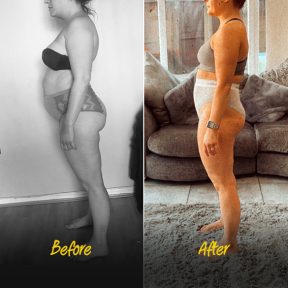Disorder eating in Athletes
Disordered eating is abnormal eating behaviours in order to attain a certain weight or physique. It is often linked to eating disorders. Training for athletes in sports that emphasise appearance and focus on the individual rather than the entire team, for example: gymnastics, figure skating, wrestling, distance running, cycling, horse racing, ballet, swimming, weightlifting, bodybuilding, judo, karate etc, have greater rates of disordered eating than team sports, or sports that are not emphasised by aesthetics.
Disordered eating refers to a wide range of abnormal eating behaviours, many of which are shared with diagnosed eating disorders. The main thing differentiating disordered eating from an eating disorder is the level of severity and frequency of behaviours.
Warning Signs and Symptoms of Eating Disorders:
Disordered eating can have a negative impact on a person’s emotional, social and physical wellbeing. It may lead to fatigue, malnutrition or poor concentration. It can affect someone’s social life (when socialising is restricted due to anxiety around food/eating), and can lead to anxiety and depression.
Disordered eating behaviours and attitudes include:
- Binge eating
- Dieting
- Skipping meals regularly
- Self-induced vomiting
- Obsessive calorie counting
- Self-worth based on body shape and weight
- Misusing laxatives or diurectics
- Fasting or chronic restrained eating
What is considered “normal” in terms of quantities and types of food consumed varies considerably from person to person. “Normal eating” refers to the attitude a person holds in their relationship with food, rather than the type or amount of food they eat.
Normal eating behaviours:
- Eat more on some days, less on others
- Eat some foods just because they taste good
- Have a positive attitude towards food
- Not label foods with judgement words such as “good”, “bad”, “clean”
- Over-eat occasionally
- Under-eat occasionally
- Crave certain foods at times
- Treat food and eating as one small part of a balanced life
Taken from: https://www.eatingdisorders.org.au/eating-disorders/disordered-eating-a-dieting




